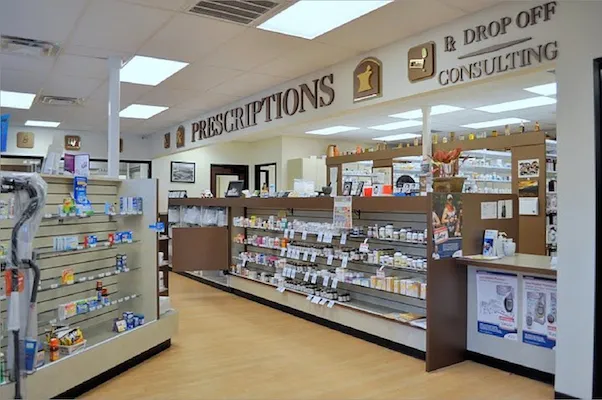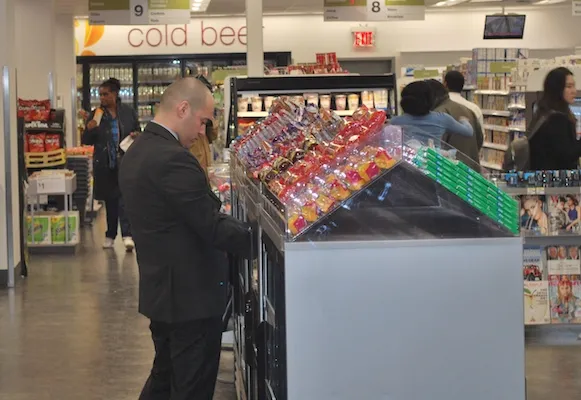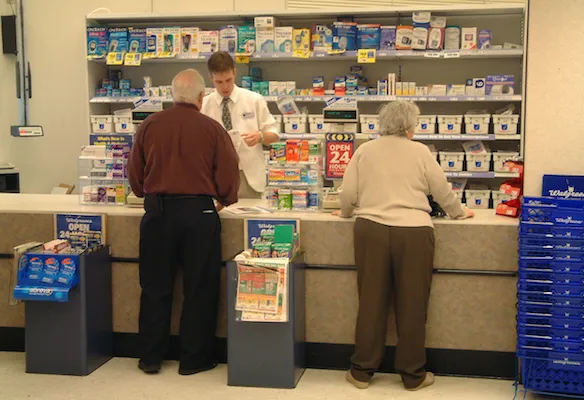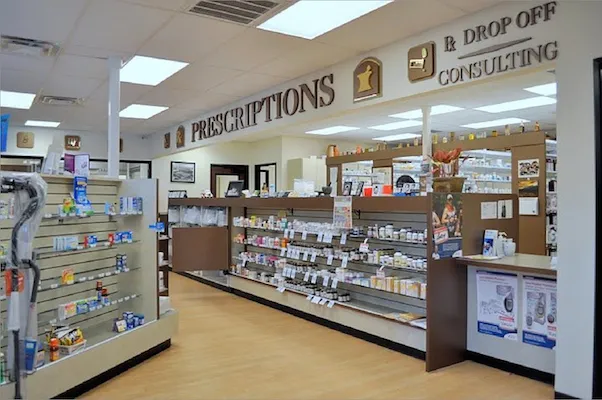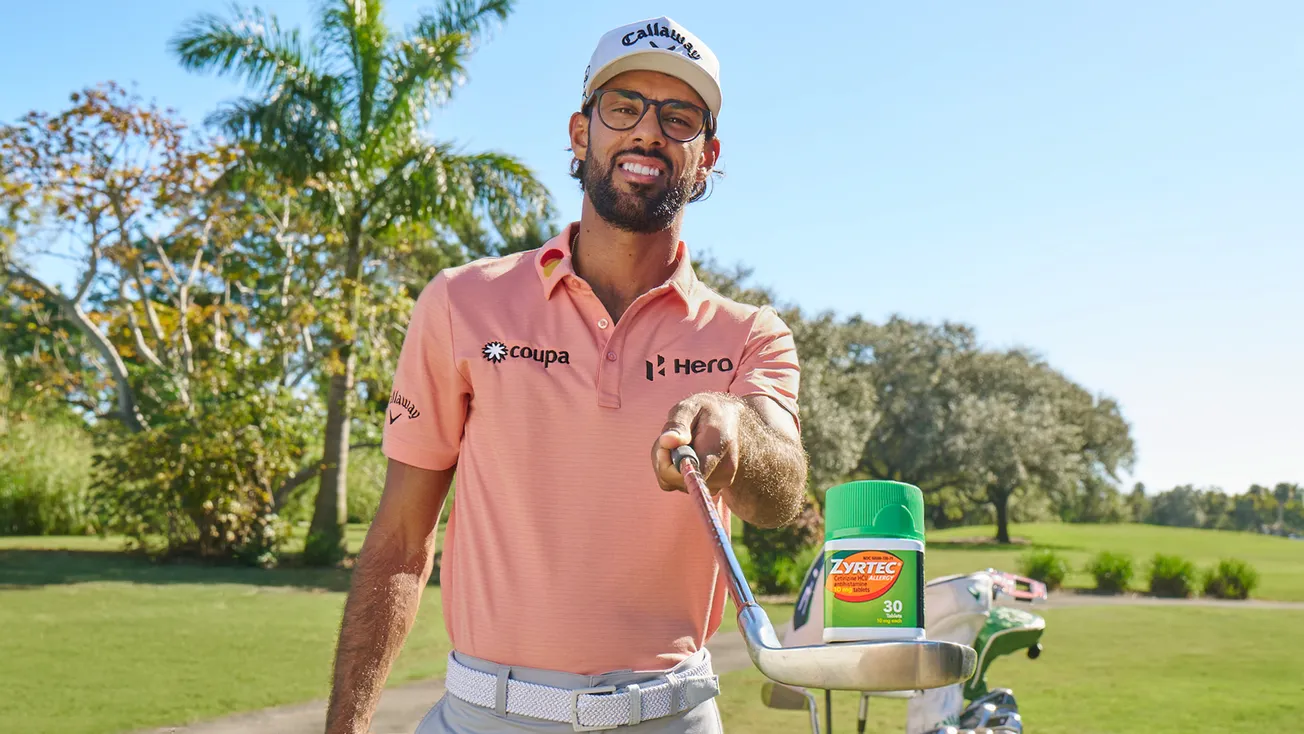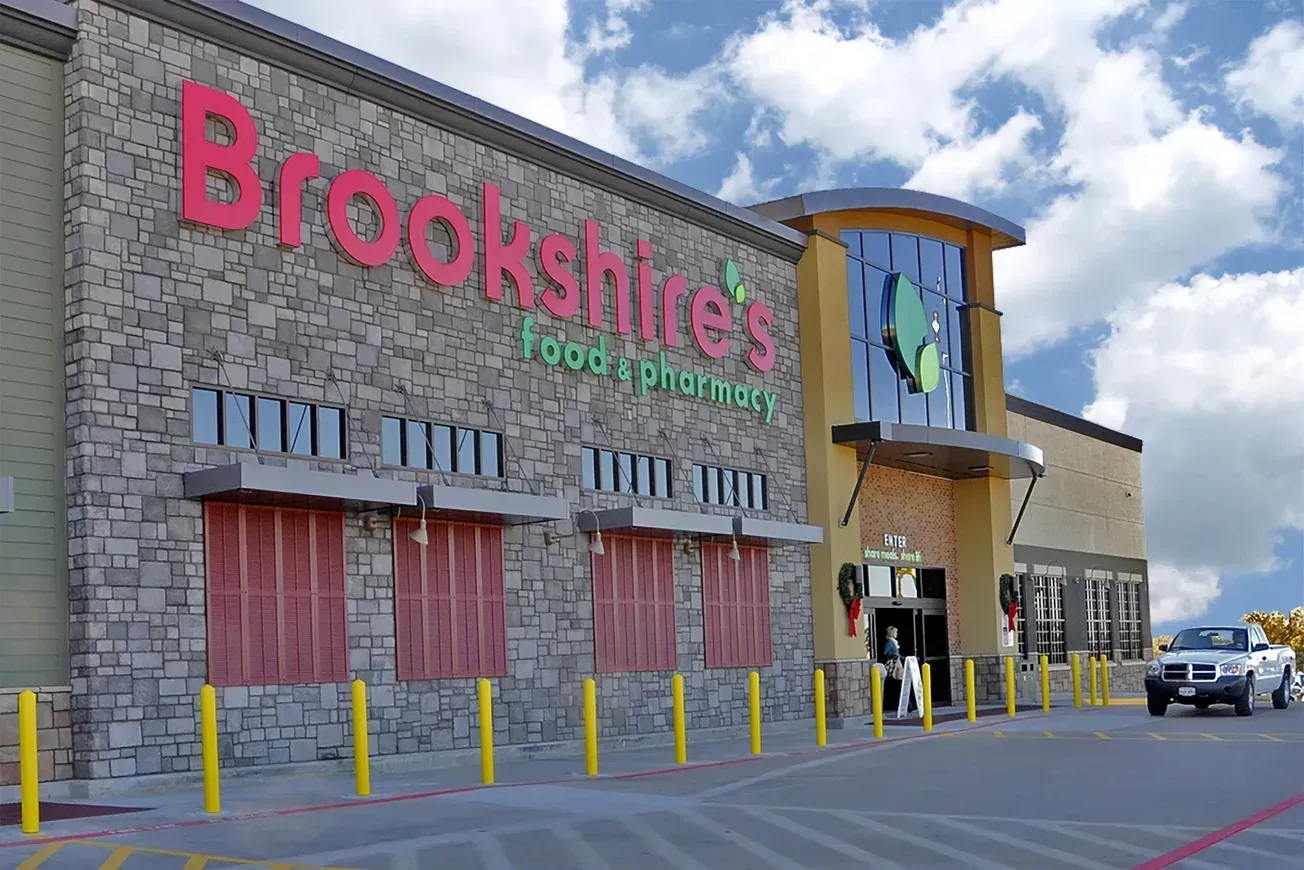The National Community Pharmacists Association has given a rundown of what it described as a “wide-ranging” 228-page call letter by the Centers for Medicare & Medicaid Services (CMS) concerning proposed revisions to Medicare Part D prescription drug plans in 2017.
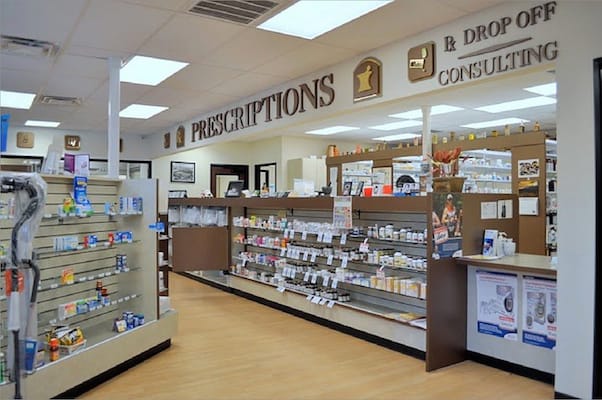
In a blog post this week, NCPA outlined some of the key changes that community pharmacists should be aware of. They address the following areas:
• New “non-preferred” drug tier. Plan sponsors could incorporate a tier option in 2017 that allows for branded and generic drugs. CMS is encouraging plans to use co-insurance for the non-preferred tier to protect beneficiaries taking generics. Sponsors wouldn’t be allowed to have both a non-preferred tier and a non-preferred brand tier.
• Drugs for partial extended supply fill for new patients. Plans would have the option to designate specific drugs where only a one-month supply would be covered for the initial fill, instead of a two- or three-month extended supply. Patients wouldn’t be required to get a new prescription to convert into an extended supply.
• Medication therapy management. The 2017 MTM program annual cost threshold will be adjusted based on the annual percentage and finalized in the 2017 call letter. Current MTM requirements are waived for plans approved to participate in the Enhanced MTM Model that begins in 2017.
• Mail order for urgent-need fills. CMS has received complaints from beneficiaries about mail order pharmacies indicating they’ll rush ship an urgently needed order, but the order doesn’t arrive when promised or at all, potentially resulting in gaps in therapy. In the call letter, CMS said it expects Part D sponsors to work with their mail order pharmacies to set protocols for providing access to urgently needed medications.
• Prescription drug abuse. CMS noted in the call letter that there are many ways to fight the prescription drug abuse without the need for an overly restrictive “lock-in pharmacy” policy that could separate patients from their community pharmacists. From 2011 through 2015, there was a 47% decrease in Part D beneficiaries identified as potential opioid overusers, CMS said. Also, the agency proposed in the call letter that all Part D plans would be expected to implement soft and hard formulary-level cumulative MED POS edits. Soft edits would when a patient exceeds a daily cumulative MED between 90 mg and 120 mg. Hard edits would occur for daily cumulative MED of 200 mg or higher. Beneficiaries with certain conditions such as cancer or those in hospice would be exempted.
NCPA said it’s working on comments on the call letter and plans to submit them to CMS by March 4. CMS is aiming to finalize the call letter by April 4 in order to implement it effective Jan. 1, 2017 implementation.

